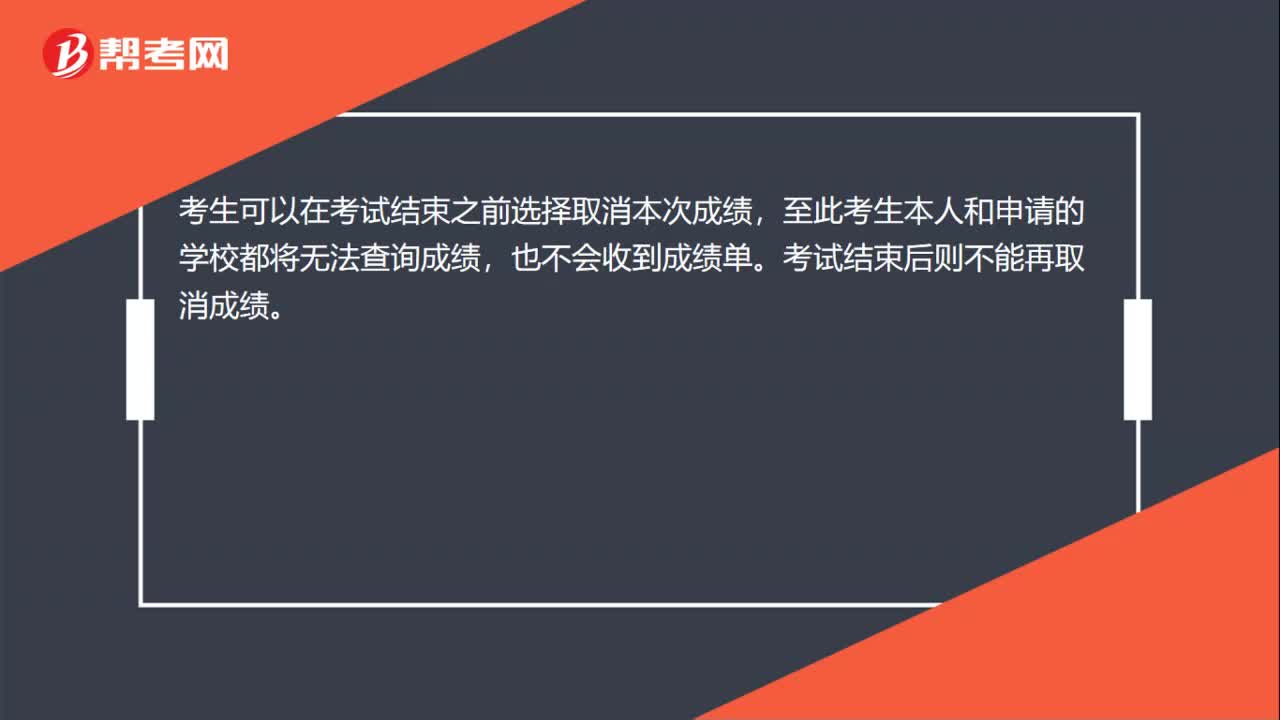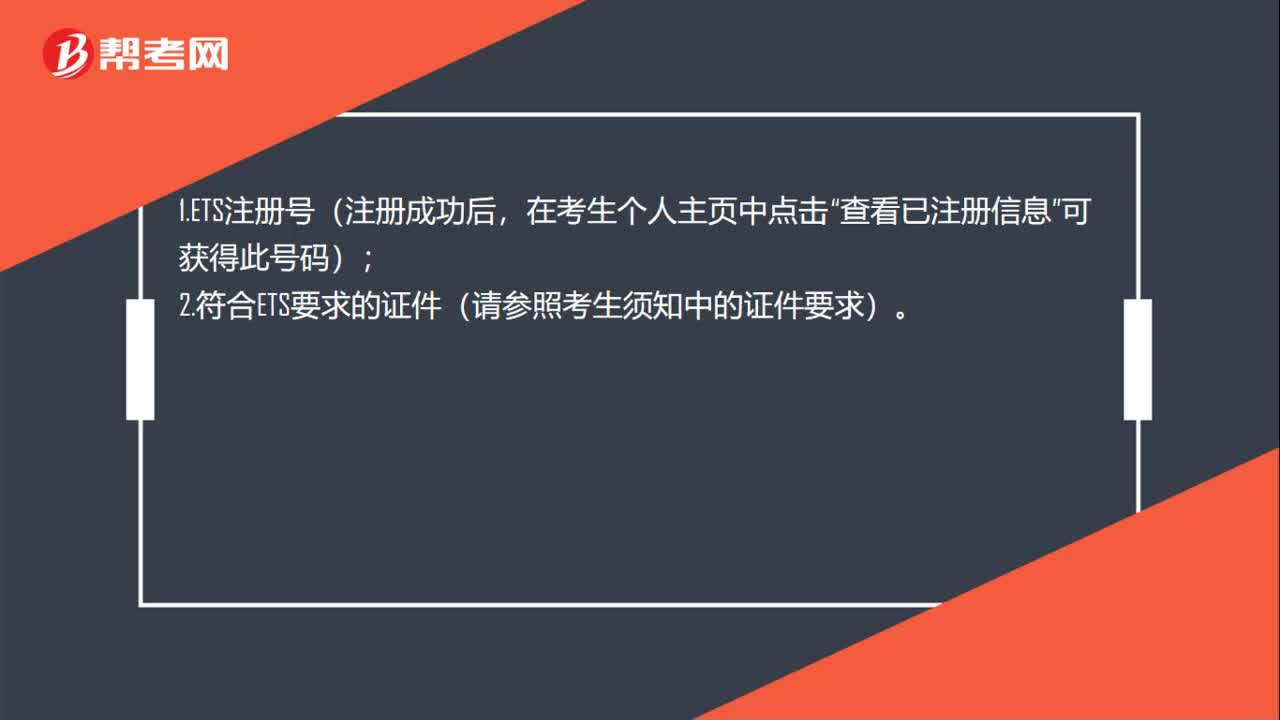
下载亿题库APP
联系电话:400-660-1360

下载亿题库APP
联系电话:400-660-1360

请谨慎保管和记忆你的密码,以免泄露和丢失

请谨慎保管和记忆你的密码,以免泄露和丢失

小伙伴们,今天的你有没有好好复习呢?好的成绩是坚持不懈的努力得来的,所以快和帮考网一起来练习吧!
托福考试阅读:英语和新全球精英崛起
The world’s most popular YouTuber is probably PewDiePie. Ostensibly, his videos offer his thoughts on video games, but they also provide a philosophy of life in perfect vernacular youth English: “Don’t be a salad. Be the best goddamn broccoli you could ever be.” His 59.3 million subscribers (or “Bros”, as he calls them) have mostly stayed loyal even after Disney dropped him last year for posting anti-Semitic videos. He said he’d only been joking.
PewDiePie lives in Brighton but — as the faint accent in his videos reveals — he is a Swede called Felix Kjellberg. Born in 1989, he represents the first global generation in which tens of millions of people from outside the English-speaking world speak perfect English. That shift is ominous for the US and UK. Thanks to English, these countries have dominated the global conversation. Their entertainment, media, university and tech sectors bestraddle the world. But now the PewDiePie generation, machine translation, Brexit and Trump are combining to threaten their dominance.
This had fateful consequences. “What is well articulated in English on the internet becomes ‘truth,’” says Japanese writer Minae Mizumura in The Fall of Language in the Age of English. Perfect English is not only heard more, but also taken more seriously than what’s said in other languages, she argues. Note the mystical reverence among the global elite for The Economist, or the spread of Trump’s jibe “fake news” among autocrats worldwide. By contrast, it’s said in the Netherlands that if Jesus returned to earth, and a Dutch newspaper reported the news, the world would never find out.
But now, just as populists are trying to roll back globalisation, along comes the first global generation shaped by the internet, the fall of the Berlin Wall and the opening of China. This generation always knew that Globish wasn’t enough. Emmanuel Macron, born in 1977, records a video in English called “Make the Planet Great Again”, and it impacts the global conversation.
Russian social-media trolls influence elections in English. India, for the first time ever, has a new generation of urbanites whose mother tongue is English. They no longer use such Hinglish formulations as “Head is paining”. In Egypt, some children at private English-language schools now struggle to speak Arabic, reports anthropologist Noha Roushdy. These kids are being trained to be heard abroad.
And the production line of perfect English-speakers hums ever faster. More and more universities around the world offer courses in English. The Netherlands sets the pace in Europe, followed by the Scandinavians. These countries are now attracting world-class foreign academics, and that’s before the anticipated post-Brexit exodus from British universities. If Brexit and Trump hamper English-language talent industries, continental Europe should benefit. Amsterdam and Copenhagen are already effectively bilingual. Berlin and Paris aren’t far behind.
Next, the US and UK will lose their dominance of media. Machine translation improves by the week. In a couple of years, a top-class newspaper like Die Zeit will produce its German edition, then press “translate” and get a very decent English version in an instant. Hire a few English-language subeditors to touch up the machine’s phrasings, and suddenly you’re competing with The New York Times.
This is bad news for non-English languages and literatures. Mizumura predicts that in Germany, for instance, novelists and poets will soon start writing in English. This would mean a return to the era before 1800, when European writers often used a universal language. Dante, Descartes, Thomas Hobbes and even Luther, the father of German, were fluent in Latin, notes Mizumura.
Everyone now piously preaches multilingualism, but it’s not going to happen. About 1.5 billion people are learning English, roughly 10 times more than are learning French, Chinese, Spanish, German, Italian and Japanese put together, estimates the German linguist Ulrich Ammon. And the more people who speak English, the more useful English becomes. Anyway, the PewDiePie generation won’t let you learn their own languages. Try going to Sweden and speaking bad Swedish. You’ll be forced into English in seconds.
From Spain to China, the aspirational classes want to upgrade from Globish to English. That should spark a boom in expat teaching jobs for native English speakers. A Briton teaching in Beijing told me in 2011 that most Chinese students he encountered had never met a native speaker before. The coming generation will have to, because Globish no longer cuts it. (Iran’s recent threat to ban English teaching in primary schools would probably just drive it underground.)
The next global ruling class will perceive the world chiefly in English. That will be a loss. As Mizumura says, you can only see what your language allows you to express. But when perfect English becomes standard, Brits and Americans lose their advantage.
以上就是本次帮考网和大家分享的全部内容了,希望小伙伴们能够继续努力,相信最后一定会取得好成绩的。关注帮考网,还有更多有关考试练习在等着你哦!
 22
22托福考试中能否取消考试成绩?:托福考试中能否取消考试成绩?考生可以在考试结束之前选择取消本次成绩,至此考生本人和申请的学校都将无法查询成绩,也不会收到成绩单。考试结束后则不能再取消成绩。
 22
22托福考试时什么情况下考生可发起投诉建议?:托福考试时什么情况下考生可发起投诉建议?考生如对考试服务(包括考试报名、考试实施、考场设施、监考人员等)不满意或认为其权益受到了侵害,请向教育部考试中心托福网考呼叫中心提出投诉,投诉受理时限为考试日期后一周内。
 32
32托福考试如何计分?:托福考试如何计分?托福考试的四个环节,分数由电脑自动生成和人工评分(经过专业培训的权威人士)两部分组成,确保分数的公平及准确性。只有托福考试采用这种多人评分机制,通过不记名方式,由多名接受过严格培训的考官予以评分,过程经过质量监控,达到高标准的公平性与客观性。